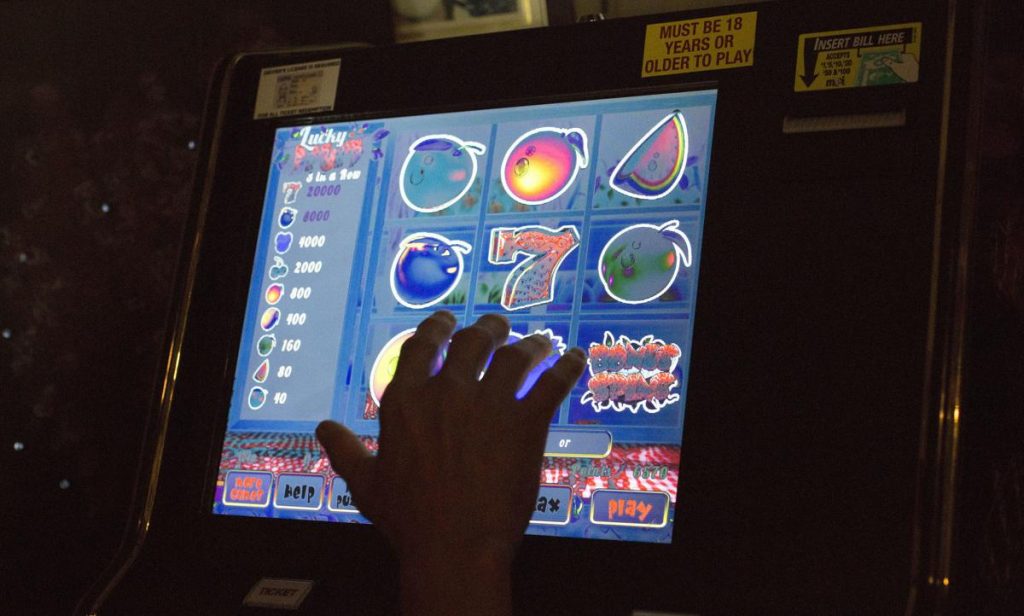Pace-O-Matic (POM) of Pennsylvania has been programming and manufacturing gaming devices for more than 44 years. In the past decade, however, their video game terminals, which have popped up in locations throughout the state, have raised questions about whether or not these machines should be considered illegal gambling devices. The deciding factor in the legality of POM’s machines, for years, has been their designation as Pennsylvania Skill games, rather than slot machines. A 2014 court ruling from the Beaver County Court of Common Pleas designated POM’s video game terminals as legal games of predominant skill, requiring players to use dexterity rather than chance to win. However, the Pennsylvania Commonwealth Court confirmed this week that the machines manufactured and distributed by POM are, by definition, “slot machines” under Pennsylvania law. Now opposing parties are adding their two cents about the ruling and what it could mean for POM’s operations throughout the state.
Details of the Ruling
The court decision focused on the POM terminals that can be found throughout the state in convenience stores, bars, and restaurants. Judge Patricia McCullough ruled that these machines do in fact fit the definition of slots as described in the Gaming Act. However, McCullough did not pass judgment in regard to whether or not POM was violating the Gaming Act. The court provided no conclusive decision on whether or not these machines could be classified as illegal gambling devices, citing the fact that the Gaming Act is not applicable to unlicensed slot machines. The court’s decision did nothing to help provide clarification on what should be done with the thousands of machines in operation, and thus opposing parties have interpreted the decision as they see fit.
Casinos in Opposition
Thomas C. Bonner, Group Vice President and Legal and Chief Counsel for Parx Casino, called for law enforcement to take action against what he has referred to illegal Pennsylvania Skill slot machines. In a press release, Bonner stated that Parx casino urges the Pennsylvania State Police, the Office of Attorney General, as well as police departments and District Attorneys across the state to bring an end to the POM gaming terminals. Parx believes that the new ruling, designating the games as slot machines, is grounds for officials to confiscate existing gaming terminals, as they are in violation of the law.
Bonner went as far to suggest that the machines operate in the same way that illegal casinos do, citing a number of issues associated with the safety and well-being of Pennsylvanians. Some of the largest concerns include the ease of access of these machines to minors who could be gambling illegally. Additionally, these machines are tapping into a market of consumers that would otherwise be spending their money on the state Lottery, which generates money for senior citizens. The press release stated that these machines could cause the state Lottery to lose millions of dollars, which would otherwise be benefiting these programs.
POM’s Defense
POM’s legal representative, Matt Haverstick, responded to the statement released by Parx, claiming that the court ruling was in fact a favorable one for POM. The ruling, although giving the video gaming terminals the label of “slot machines,” clearly stated that these games are not regulated by the Gaming Act. No decision about the legal status of the machines has been formally issued, suggesting that nothing has changed since the 2014 ruling other than the label associated with the machines. In regard to the concern surrounding the revenue generated from these games, POM’s Director of Communications Mike Barley expressed that the company is committed to working with legislature to tax and ensure the safety of customers using their terminals. Barley cited the jobs and the tax revenue that the company has generated in the past decade has been tens of millions of dollars.
From POM’s perspective, nothing about the gaming terminals has changed to shift their identity from skill games to illegal slot machines since the 2014 ruling. The machines require players to repeat patterns to maximize their scores and often include arcade-style shooting, which differs significantly from traditional slots. To prevent underage gambling, POM has employed a team of former state troopers to ensure the company is following a strict code of conduct. Despite their protests, POM has been victim to a number of raids upon their operations over the past decade throughout the state, and the latest court ruling has done little to quell their concerns.
What Does it all Mean?
POM has roughly 5,000 machines in operation across the state. As it stands, there appears to be no legal grounds for the confiscation of these machines, but the recent ruling has caused some confusion about that. Casinos appear to be concerned that these machines are infringing upon their business, while also endangering citizens. POM, however, is adamantly holding their ground and demonstrating how their skill-based games can operate freely, with no concern of violating the Gaming Act. For the time being, Judge McCullough’s ruling has done nothing more than change the designation of these machines from “Pennsylvania Skill” to “slot machines.”